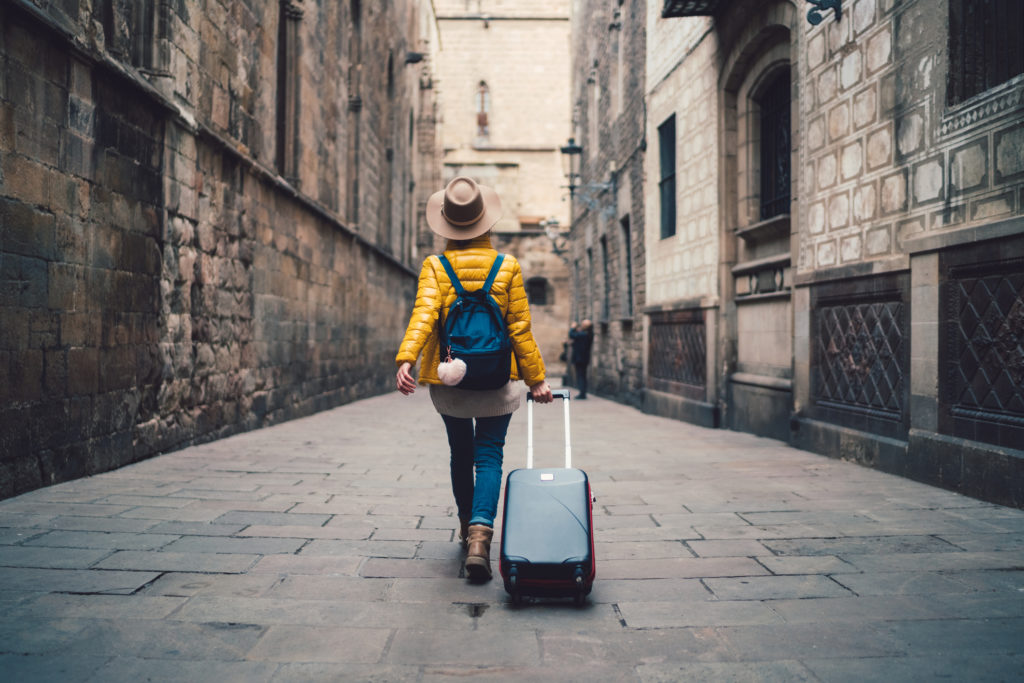
Articles
The Secret to a Happy Holiday: Create a Plan to Reduce Stress and Improve Sleep
There’s a reason you’re seeing more stories about the ways holiday stress impacts your health. While stress about COVID-19 has…
Introducing SleepScore
We deliver accurate data, actionable insights, personalized coaching and proven outcomes your customers need.
Sleep Insights
Last Published on 29th August 2018 by SleepScore Labs

Thousands of dollars, hundreds of days, and dozens of to-do lists later, the day has arrived. You’re departing on a trip. You stay awake during the entire flight or drive planning what you’ll do, fantasizing about where you’ll eat, and wondering what time the snack cart is coming. Hours later, you arrive at your hotel. You’re wiped, so you decide to take a nap before heading out for a night on the town. You wake up again at 3:00 PM. The next day. You’ve wasted precious time and things are about to get uglier if you have trouble sleeping since sleep deprivation has been linked to irritability, depression, and other behavioral side effects.
If you struggle to get a good night’s sleep while traveling, you are not alone. According to a study conducted by Wakefield Research for the travel company Princess Cruises, more than 60 percent of Americans do not get good sleep while traveling.
Jet lag and sleep deprivation are infamous for ruining the first few days of many business and leisure trips. To help you reach peak performance and get the most out of your upcoming trip, we’ve compiled a series of tips and tricks for how to sleep better while traveling.
Staying in a busy hub is a part of the tourist experience. Many hotels and rental properties are in the thick of the hustle and bustle. Before booking your accommodations, read the reviews. Watch out for red flags, such as:
Among his many other nuggets of wisdom, Benjamin Franklin is credited with this timeless phrase. “By failing to prepare, you are preparing to fail”. To give yourself the best chance of getting a good sleep during your upcoming trip, there are several things you can do during the days leading up to it.
Traveling for Work?
If you are crossing time zones, there are several tricks that can help your body and mind adjust accordingly. First, get in the zone. Timed lighting or over-the-counter melatonin can help you get to bed early so you can advance to the new time zone.
Traveling for Fun?
If you are crossing time zones but traveling for leisure, prepare as if you were traveling for work. However, there is more flexibility since your priorities will be less demanding when you arrive. This means you can choose to sleep when you feel tired rather than making your body adjust to the new time zone.
Staying Local?
If you are not crossing time zones, stick to your normal schedule and sleep patterns before and during your trip. This can help you avoid sleep deprivation.
The main principle you want to focus on is to be as comfortable as possible. This includes packing some helpful gear, such as:
Armed with a pillow and some fresh knowledge, you can get a better night’s sleep and enjoy your trip to its full potential. Whether you’re looking to acclimate to a different time zone for abroad travel, or are simply escaping life’s trials for a bit of R&R, restful sleep is still within your reach!